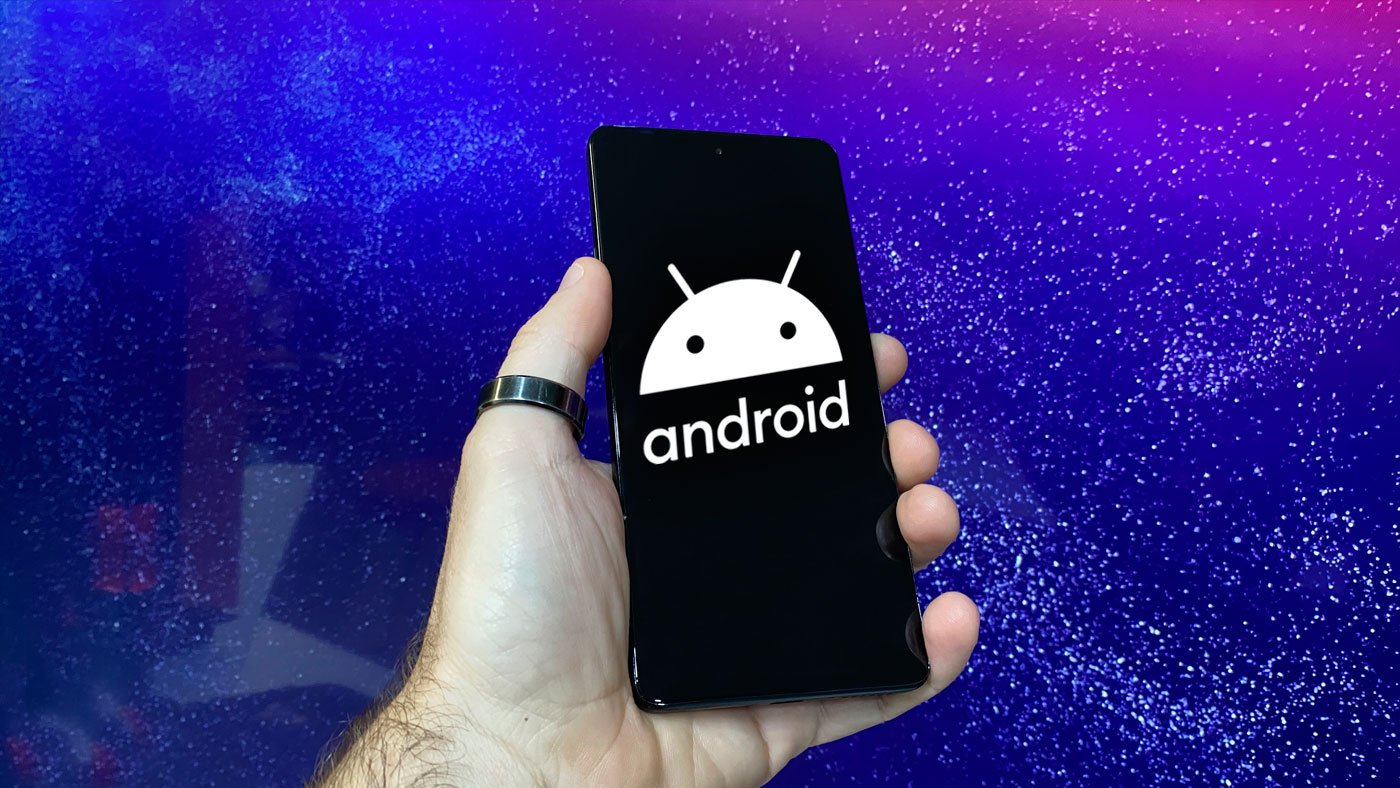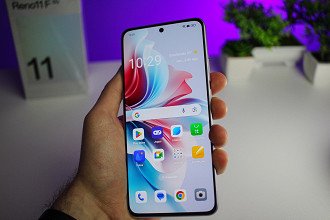Telegram’s recent privacy policy update allows them to share phone numbers and IP addresses of suspected criminal users with judicial authorities upon receiving a legal order. Telegram has faced global criticism for not cooperating with law enforcement agencies.
What updates have been made to the privacy policy?
Telegram’s updated terms allow the company to disclose user information if there is a court order confirming their participation in activities that breach the app’s Terms of Service, like spamming, fraud, promoting violence, illegal pornography, and illicit sales.
The platform previously only shared information in instances of suspected terrorism, but now it has expanded its reach to address various crimes enabled through Telegram. The updated policy aims to enhance efforts in combating misuse of the platform and thwart its exploitation for criminal activities.
Weeks after Pavel Durov, CEO of Telegram, was arrested in France in August for allegedly enabling criminal activity through the app, he made changes to prevent platform abuse, emphasizing that Telegram is not lawless as commonly thought.
Durov mentioned in a recent article that some individuals have exploited Telegram’s search feature to sell illicit goods. He highlighted that Telegram is utilizing AI to detect harmful content and enhance moderation.
Telegram announces it will increase its level of transparency.
Whenever Telegram provides user data to the authorities, these instances will be recorded in quarterly reports published on the platform’s transparency channel, demonstrating the company’s dedication to openness with users and responsible use of such actions.
Telegram has received backlash for its approach to managing illicit material on its platform. Critics note that lax moderation has led to the proliferation of numerous channels focused on criminal activities like terrorism, drug trade, extremism, and child exploitation content.
Please provide the text that you would like me to paraphrase.


